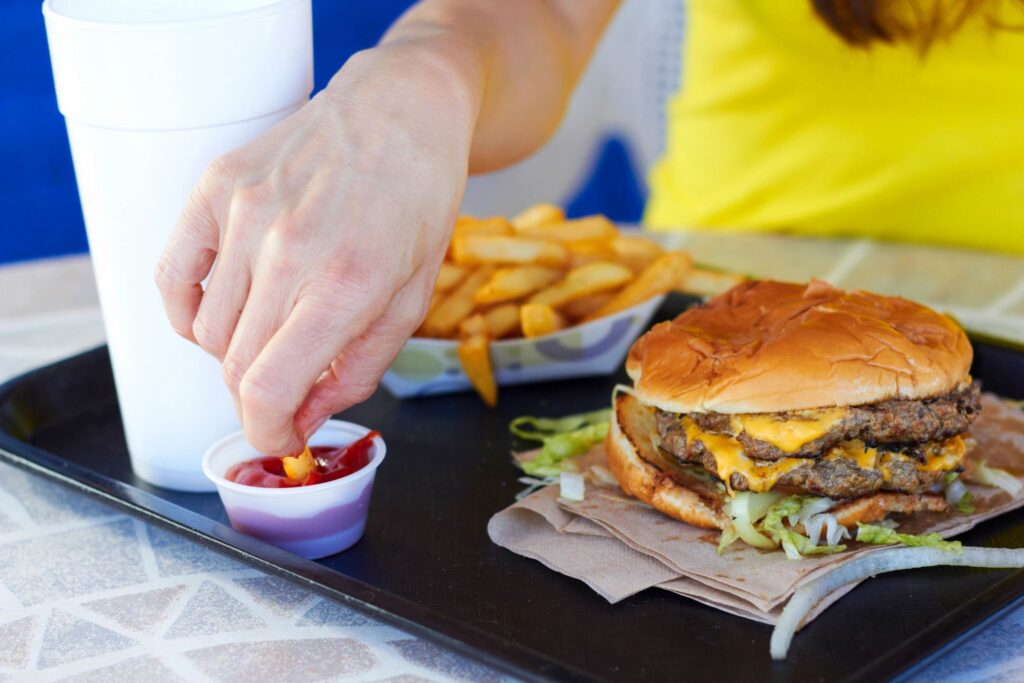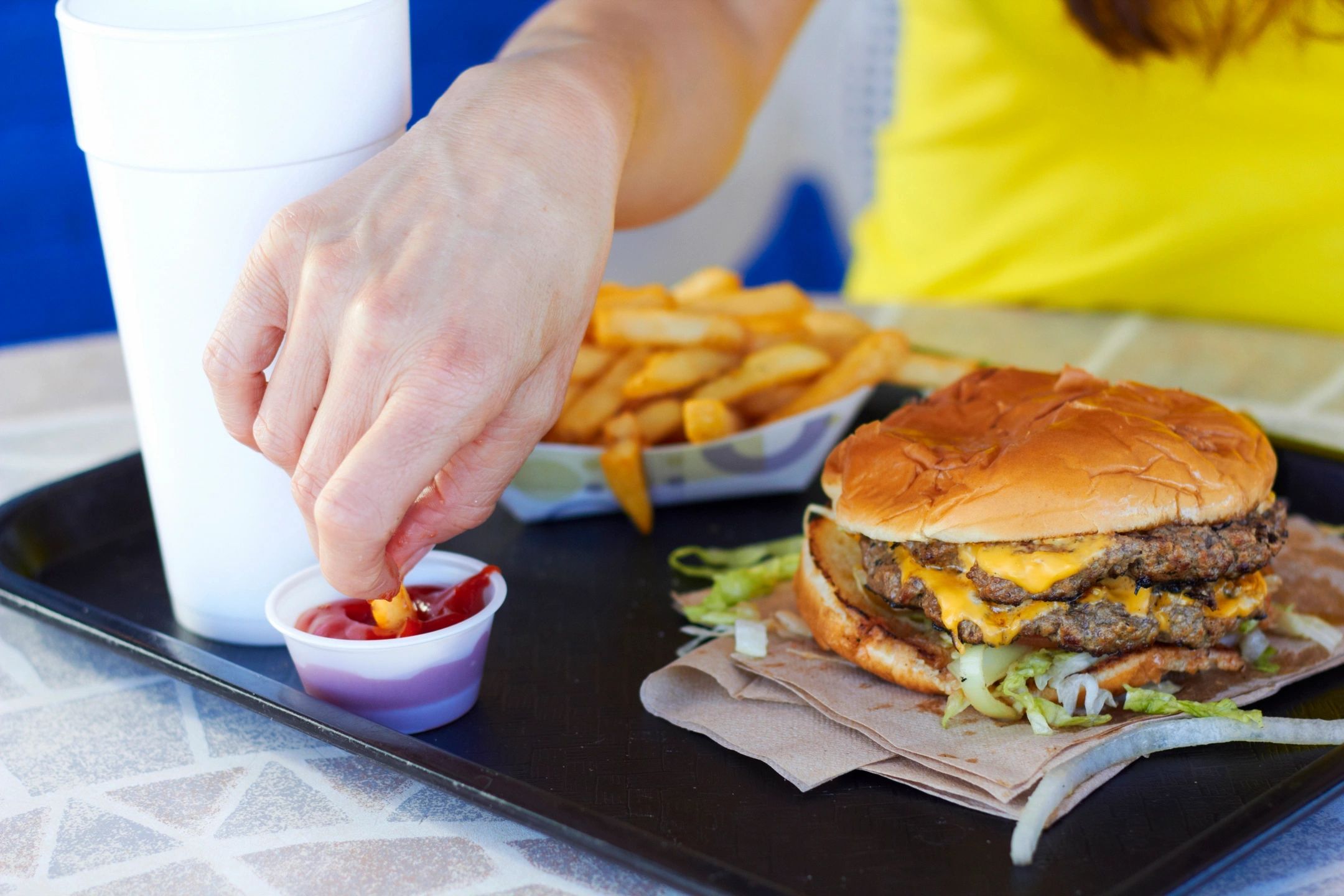
We’ve all heard the old adage, “We are what we eat”. Well, I would go a step further and say “We are our habits”. Everybody has habits: some good, some bad. Those general routines, patterns, and vices that make up our daily and weekly lives end up building our lifestyles.
Take diet for example. Most of us have been on a diet, but what happens afterwards? We do or don’t accomplish our weight loss goals and then return to eating the way we did before dieting. In the short term, we may be creating change for the good. However, a birds eye view gives you a better picture. You’ve likely been on and off different diets over the years gaining and losing weight and maybe even driving yourself a little crazy along the way.
Another example… Many people struggle to quit smoking or drinking. They quit for a whole month and then have a few in a social situation. Then they beat themselves up for it and feel “what’s the point” and start smoking/drinking again regularly. Then they try again and maybe go several months, but again have a moment of weakness and revert back in a cycle that destroys their self-confidence and sense of self-discipline.
What about exercise? We know we need it. Some months we are really good about getting enough activity and other months we find ourselves busy, or just too tired and overwhelmed to make it into the gym or go for that run. Then, we get mad with ourselves for failing to follow through with our exercise goals adding more stress to our lives.
STOP! Such self inflicted stress may work in the short term, but not the long term. We often do more damage to ourselves worrying about what we have failed to change. This view is a narrow black and white picture of health: either we do or don’t succeed. This is both untrue and self-defeating. See the bigger picture. Our health and our lifestyle choices are a long term decision, not just a few weeks or months.
Habits are hard to change. In fact, I would say they are too hard to change dramatically in a short period. Experts have found that on average it takes a little over 2 months for a new behavior to become automatic. We often put too much pressure on ourselves to make these changes and then beat ourselves up if we don’t stick with them. I propose a different view of ourselves and our habits.
First, don’t beat yourself up if you have a moment of weakness. It’s not healthy. Instead, give yourself a pat on the back and be proud of the change that you made for that period of time. Realize that you didn’t lose the good you did. You might find yourself more encouraged to try again.
Second, don’t create drastic changes like revolutionizing the way you eat because you want to “try” a new diet. Instead, take one thing at a time to improve and transform it into a permanent habit. For instance, take two months and focus on what you drink. Instead of a soda or other sugar load at lunch, vote for water or an unsweetened tea. Get in the habit of drinking bottled water at home. At the grocery store, pass right by those sugary beverages and select something better. Blend a good juice once in a while when you want something different. Start brewing tea at home with little or no sugar. Build your habits and choices one step at a time and start making those choices routine.
Third, don’t listen to that commercial! You may not be aware that there is a science behind marketing, and the health field is absolutely riddled with deceptive marketing tactics. Advertisers will find ways to capture your attention and pull at emotional strings to convince you to try their newest and latest product. Manufacturers and distributors pay hundreds of billions every year to push their product, but most of them (even though they may be “FDA Approved”) have absolutely no clinical evidence of their efficacy. It’s hard to hear, but there is no miracle solution. There are several products that can help (like nicotine patches), but you will still have to do the leg work of choosing to form different habits.
Change can be made. Just take one thing at a time and get used to making good choices, give yourself enough time to make it automatic (at least 2 months), then stick with it. It will become part of your routine and won’t seem like a chore or like you have to sacrifice something. I bet you won’t even think about it after a while. And, if you do have a moment of weakness, don’t throw it all away and go back. Just make a better choice the next time and keep feeling good about yourself and your decisions. You have the power to do this time and again over the years improving your health and the quality of your life. If you want some guidance, please reach out to us at our clinic.

